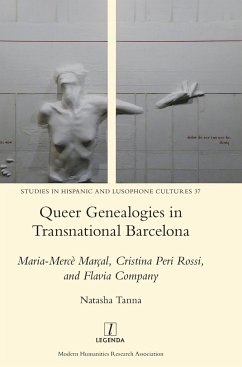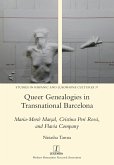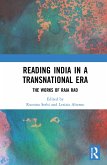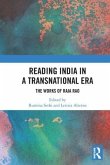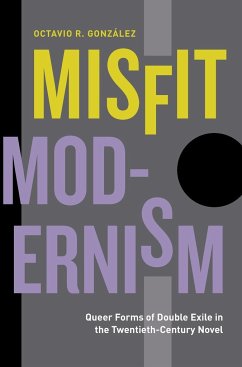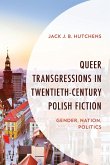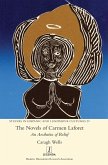How do queer texts engage traditional perceptions of family, nation, and the literary canon? How do readers and writers connect with their predecessors? Natasha Tanna explores lesbian and queer desire through three authors based in Barcelona, a key locus of queer cultural production. Her analysis of the Catalan Maria-Mercè Marçal (1952-1998), of Montevideo-born Cristina Peri Rossi (1941-), and of Buenos Aires-born Flavia Company (1963-) disrupts linear conceptions of time and challenges the centrality of textual and authorial origin to national literary historiographies. Whereas conventional understandings of genealogy emphasise a continuous line of inheritance traced from an origin, Tanna highlights the collaborative creation in these authors' fragmented, transnational genealogies. A queer bringing together of disparate fragments suggests how we might navigate difference in an increasingly entwined, yet ever more fractious, world in which notions of 'pure' or 'simple' origins are often violently at odds with disordered and disorderly relationships between people, nations, and texts. Natasha Tanna is a Lecturer in Spanish at Christ's College, University of Cambridge.
Hinweis: Dieser Artikel kann nur an eine deutsche Lieferadresse ausgeliefert werden.
Hinweis: Dieser Artikel kann nur an eine deutsche Lieferadresse ausgeliefert werden.

